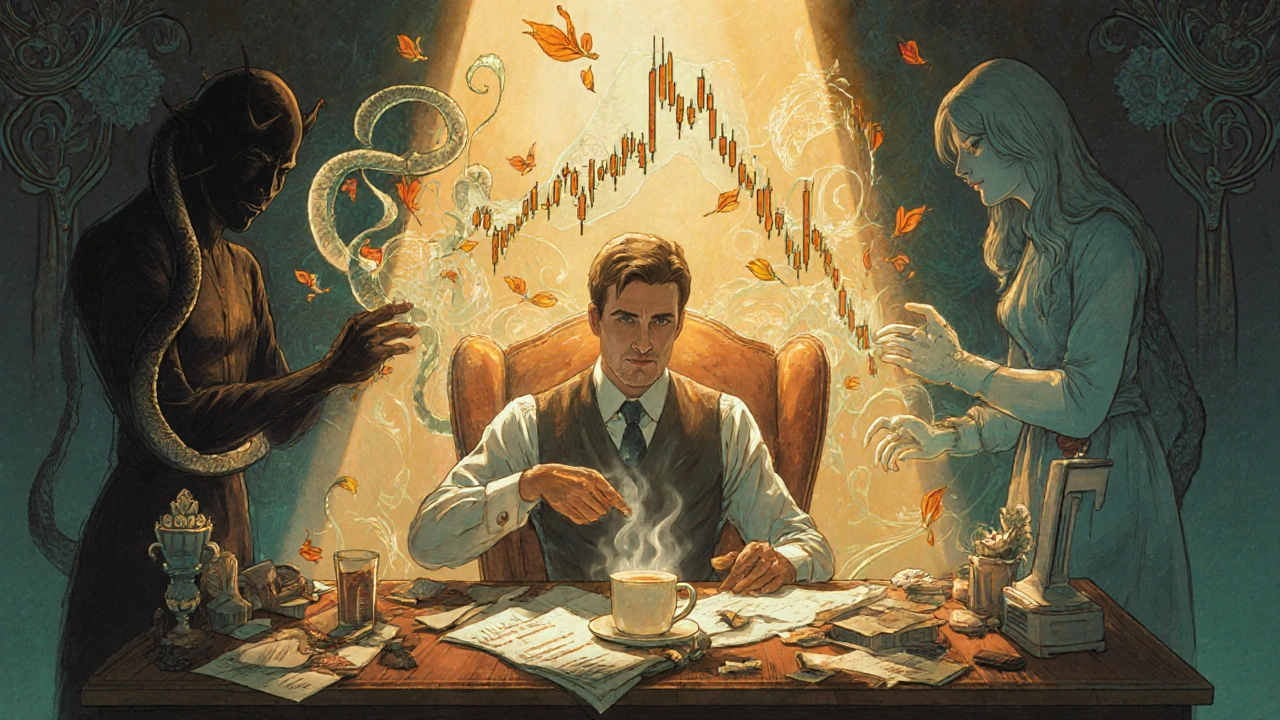Trading Discipline: Stop Emotion-Driven Decisions and Build Consistent Profit Habits
When you think about what makes a trader successful, you probably imagine fancy charts, complex indicators, or insider knowledge. But the real secret? Trading discipline, the consistent practice of sticking to a plan despite fear, greed, or frustration. Also known as trading psychology, it’s not about being perfect—it’s about showing up the same way every day, even when the market feels chaotic. Most people lose money not because they don’t know what to do, but because they do the opposite of what they know—right when it matters most.
Risk management, the practice of limiting how much you’re willing to lose on any single trade, is the backbone of trading discipline. Without it, one bad trade can wipe out weeks of gains. And emotional trading, making decisions based on fear of missing out or revenge after a loss, is what breaks even the best strategies. You can have the most accurate signal in the world, but if you double down after a loss because you "know you’re due," or exit early because you’re scared, you’re not trading—you’re gambling. The difference isn’t in your tools. It’s in your behavior.
Trading discipline isn’t something you learn overnight. It’s built through repetition, reflection, and small wins. It’s the trader who walks away after three losses, even if the next setup looks perfect. It’s the one who checks their journal before placing a trade—not after. It’s the person who sets a stop-loss and doesn’t move it, no matter how much the market taunts them. These aren’t fancy tricks. They’re basic habits that most traders ignore until it’s too late.
The posts in this collection don’t just talk about trading discipline—they show you what it looks like in real life. From transitioning from paper trading to live markets without blowing up your account, to understanding why even experienced traders fail when they skip risk controls, every article here is built around one truth: trading discipline is the only edge that lasts. You won’t find magic systems here. You’ll find real stories, real mistakes, and real fixes—from traders who’ve been there and figured it out.
